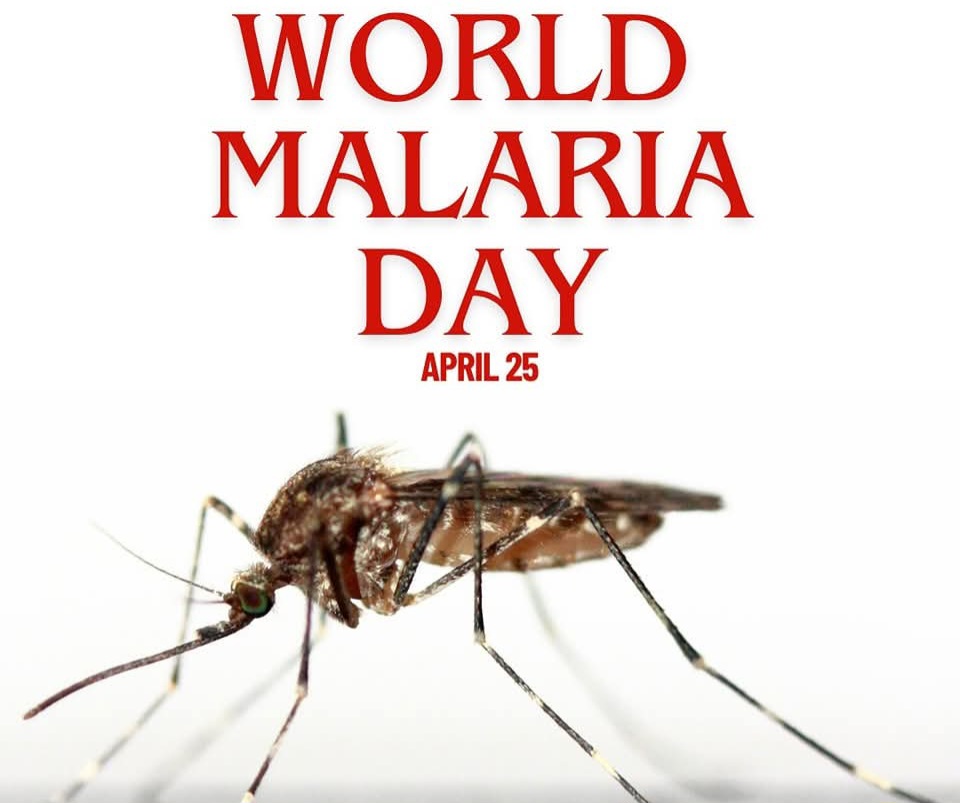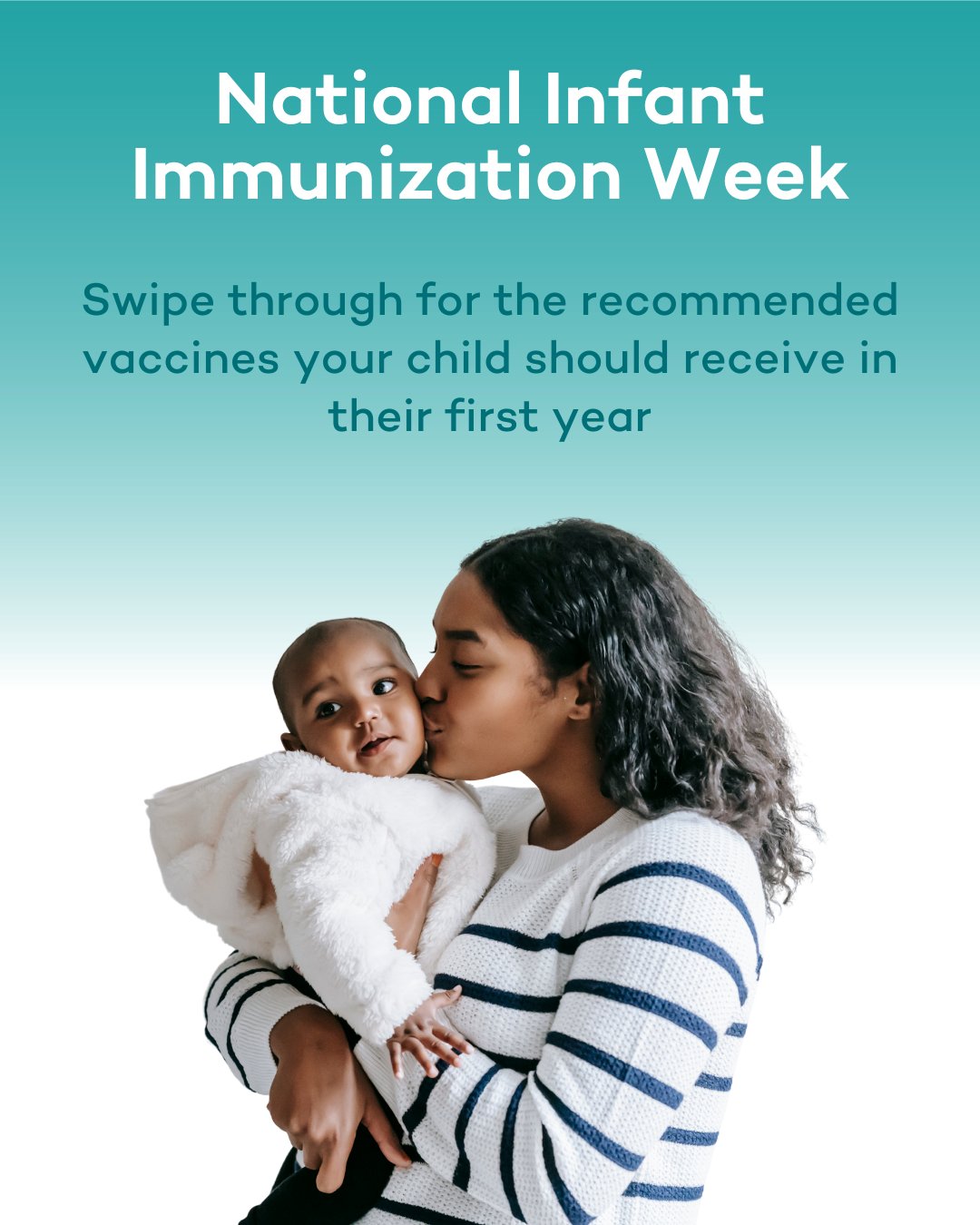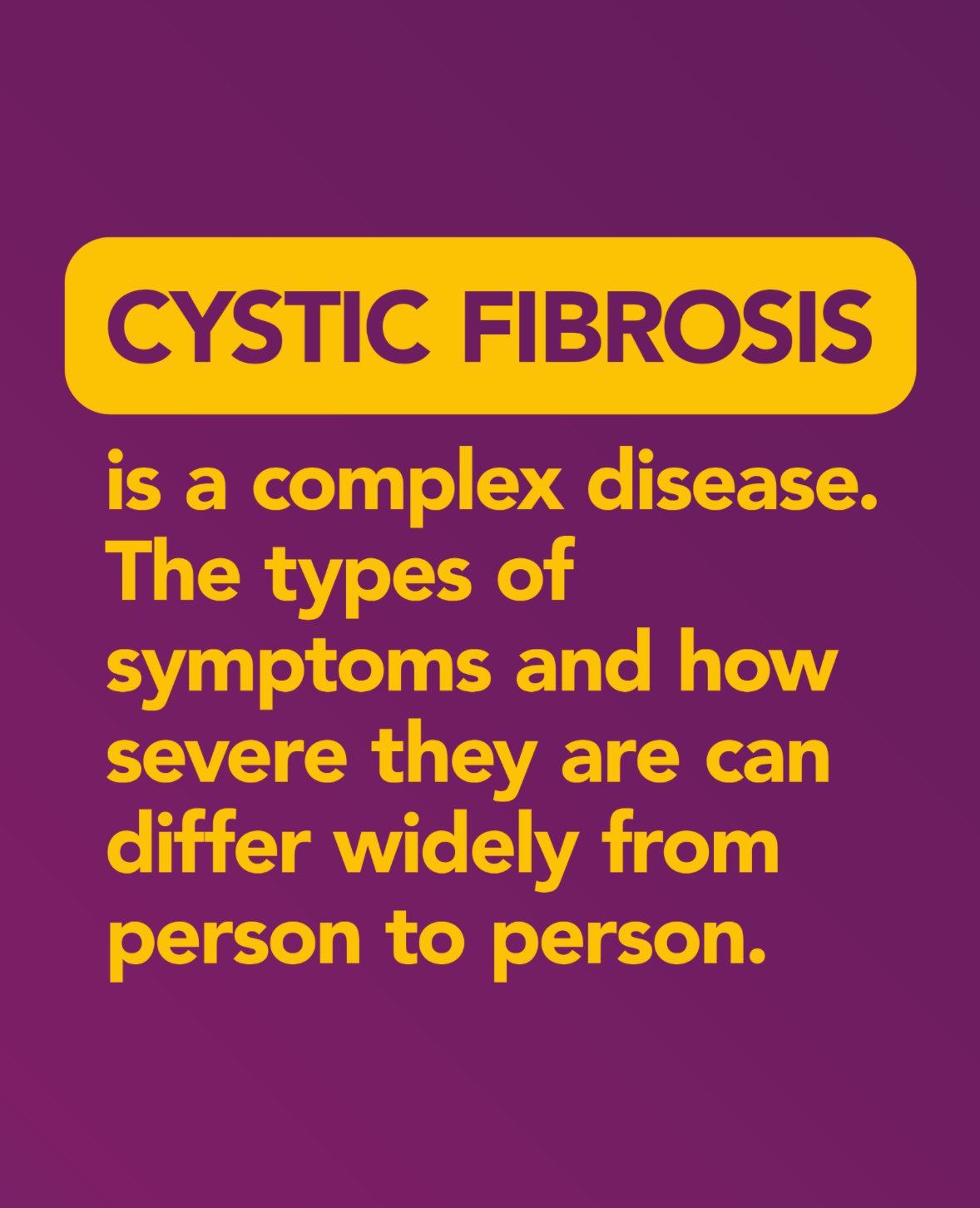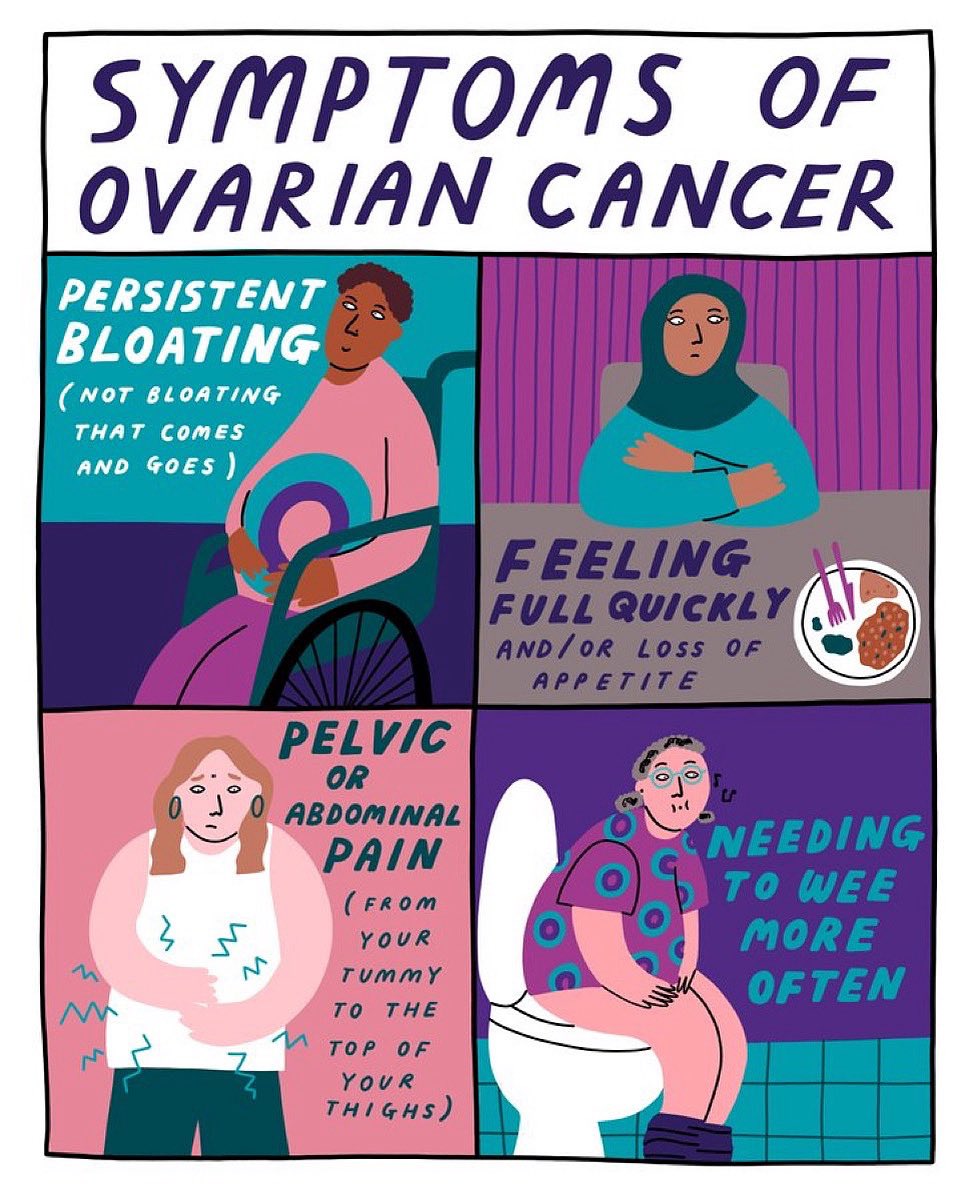Why is it important to test for Mpox in people suspected of having the virus?
•Testing is key to help identify Mpox infection since a number of other diseases have similar symptoms as Mpox.
•It is vital to distinguish mpox from chickenpox, bacterial skin infection, measles, scabies and sexually transmitted infection such as herpes and syphilis.
•The best diagnostic specimen is normally taken directly from the rash’s skin, fluid or crust via swabbing. Individuals with no rash or skin lesions are tested by taking oropharyngeal, anal, or rectal swabs.
•Laboratory testing is usually by PCR.
How is mpox treated?
•The goal of treatment is to manage pain, take care of the rash and prevent any complications.
•It is important to give the Mpox vaccine to any persons suspected of coming into contact with the virus.
•The vaccine should be given within 4 days of contact with infected persons (or within up to 14 days of no symptoms appearing).
•During outbreaks, widespread vaccination of people especially those at high risk can help prevent infection.
•The Oral TPOXX (Tecovirimat), an antiviral approved for treatment of smallpox, is still being investigated through trials in people to find out if it is safe and effective for treating mpox.
•Therefore the drug is only available under clinical trial, STOMP (Study of Tecovirimat for Mpox)
•Ensure you visit a healthcare provider if you show symptoms of mpox even after getting the mpox vaccine.
How to practice self-care to help manage mpox infection
•Normally people with mpox recover within 2-4 weeks unless they develop complications which is highly likely for those with weak immunity or pre-existing health conditions.
•While suffering from mpox infection, you can do the following to help in recovery:
- Take sitz baths or warm water baths with baking powder or Epsom salts for body sores
- Take over the counter medications for pain such as Ibuprofen and Acetaminophen (Paracetamol).
- Keep skin dry and uncovered unless when with others.
- Isolation is vital to help prevent spread to others.
- Never pop blisters or scratch sores to prevent sores from being infected further or being spread to other regions of the body.














































































































